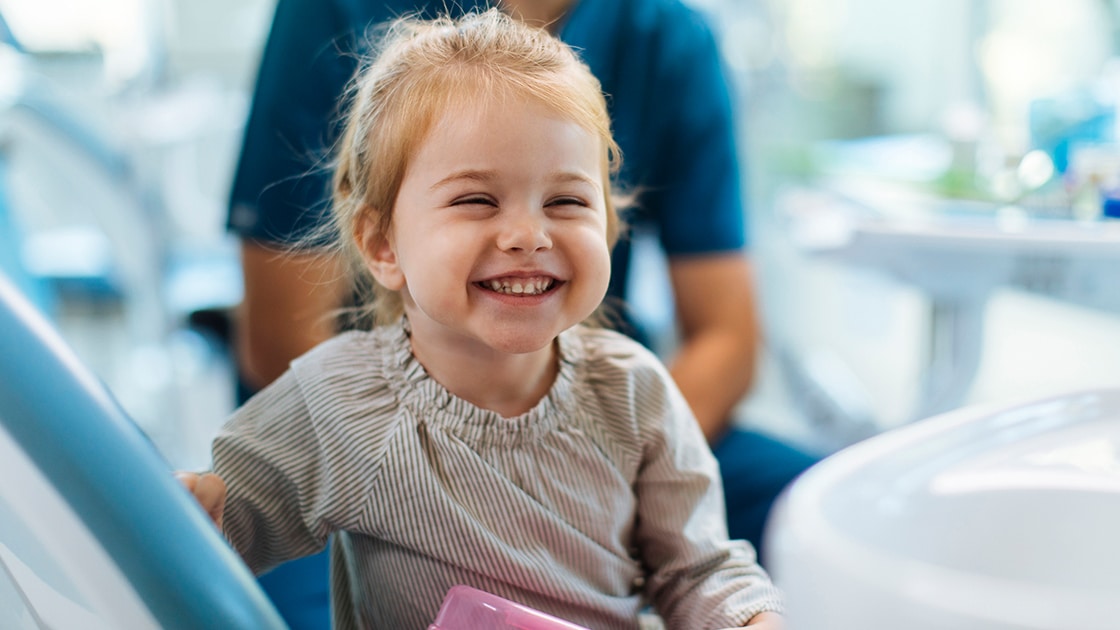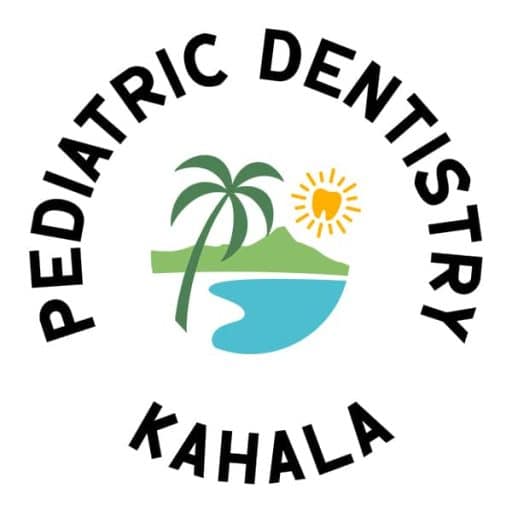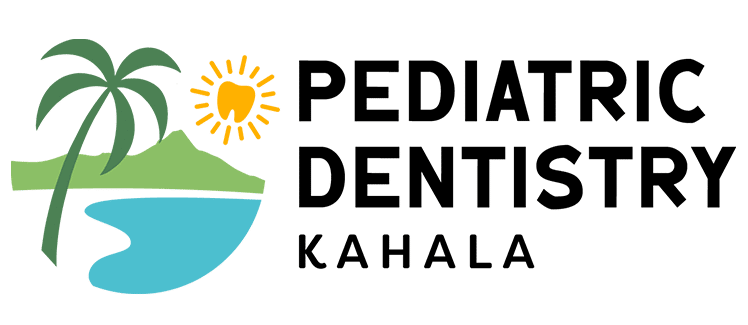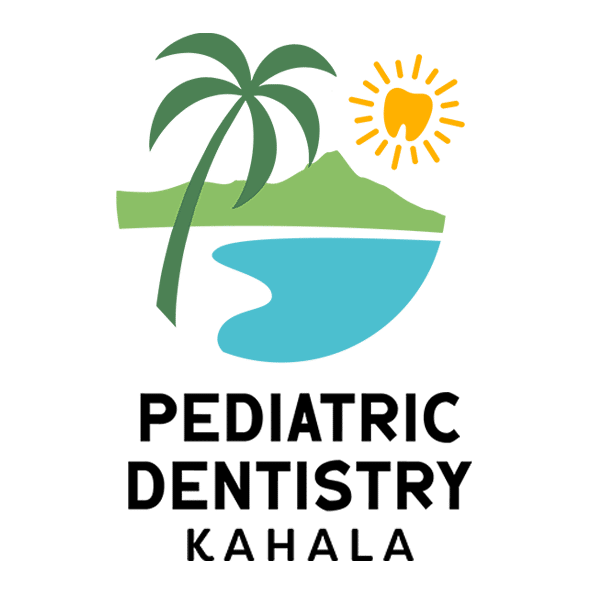
Pediatric Dentistry Kahala provides early dental care in Honolulu, HI. To learn more about our procedures and how you can protect your child’s oral health and overall wellness for a lifetime, please call
.What is Early Dental Care?
While parents always want the best for their little ones, they may not realize early dental care’s importance. Even the youngest infants need consistent oral care from their parents to ensure a lifetime of healthy teeth and gums. Caring for a baby’s oral health should be part of your daily routine.
Benefits of Early Dental Care
- Better compliance with home oral care routines as children grow older
- Improvement in childhood and lifelong oral health, including fewer instances of tooth decay and gum disease
- Children feel more comfortable in the dentist's office and experience less anxiety
Dental Hygiene Habits for Home
Home oral care routines should begin in infancy, several months before the first primary teeth appear.
Wipe the Gums
Starting soon after birth, wipe and massage the child's gums with a damp baby washcloth after each feeding. This simple step will familiarize the child with a parent or dentist helping care for their teeth as they grow. It will also remove harmful plaque and milk residue that could eventually cause tooth decay.
No Bottles in the Crib
It would be best if you did not put your baby to bed with a bottle. If you are breastfeeding, avoid nursing to sleep as much as possible. Always clean the gums after each meal.
Check Baby's Teeth
As your child's teeth emerge, regularly check them for signs of decay, which will look like tiny brown or white spots. If you notice these spots, call a pediatric dentist for an evaluation.
Brushing their First Teeth
Use an extra-soft baby toothbrush with a bit of fluoride toothpaste. For children under the age of 3, we recommend using a smear of fluoridated toothpaste (or the size of a grain of rice). For children over the age of 3, we recommend using a pea-sized amount of fluoridated toothpaste. Brush in a gentle circular motion. Do not rinse the child's mouth after brushing.
Monitoring Childhood Habits
Babies aged 12 to 14 months are often ready to switch from a bottle to a cup. A bottle is more likely to cause tooth decay. Parents should monitor their children's pacifier use and thumb-sucking habits as well. An increased frequency of using non-nutritive actions such as pacifiers and thumb-sucking past are associated with multiple oral health issues, including tooth alignment problems, narrow jaws, potential airway concerns and decay.
Establishing a Dental Home
By age one, your pediatric dentist would like to meet your child and evaluate their oral health and development. Most infants and toddlers should see their pediatric dentist every six months, but if the child is prone to tooth decay, they may need a shorter interval between appointments.

Why Choose Pediatric Dentistry Kahala
Frequently Asked Questions About Early Dental Care
When should I start brushing my baby's teeth?
Why is fluoride toothpaste now recommended for young children?
When should I start flossing my child's teeth?
How often does my baby need to see the dentist?
Call Pediatric Dentistry Kahala
When you care for your baby’s teeth and gums, you will build a foundation for robust oral health. They may experience fewer cavities, a lower risk of gum disease, and lower rates of tooth loss. If you have any questions about children’s oral health or need to schedule an appointment, please call our office at
.
